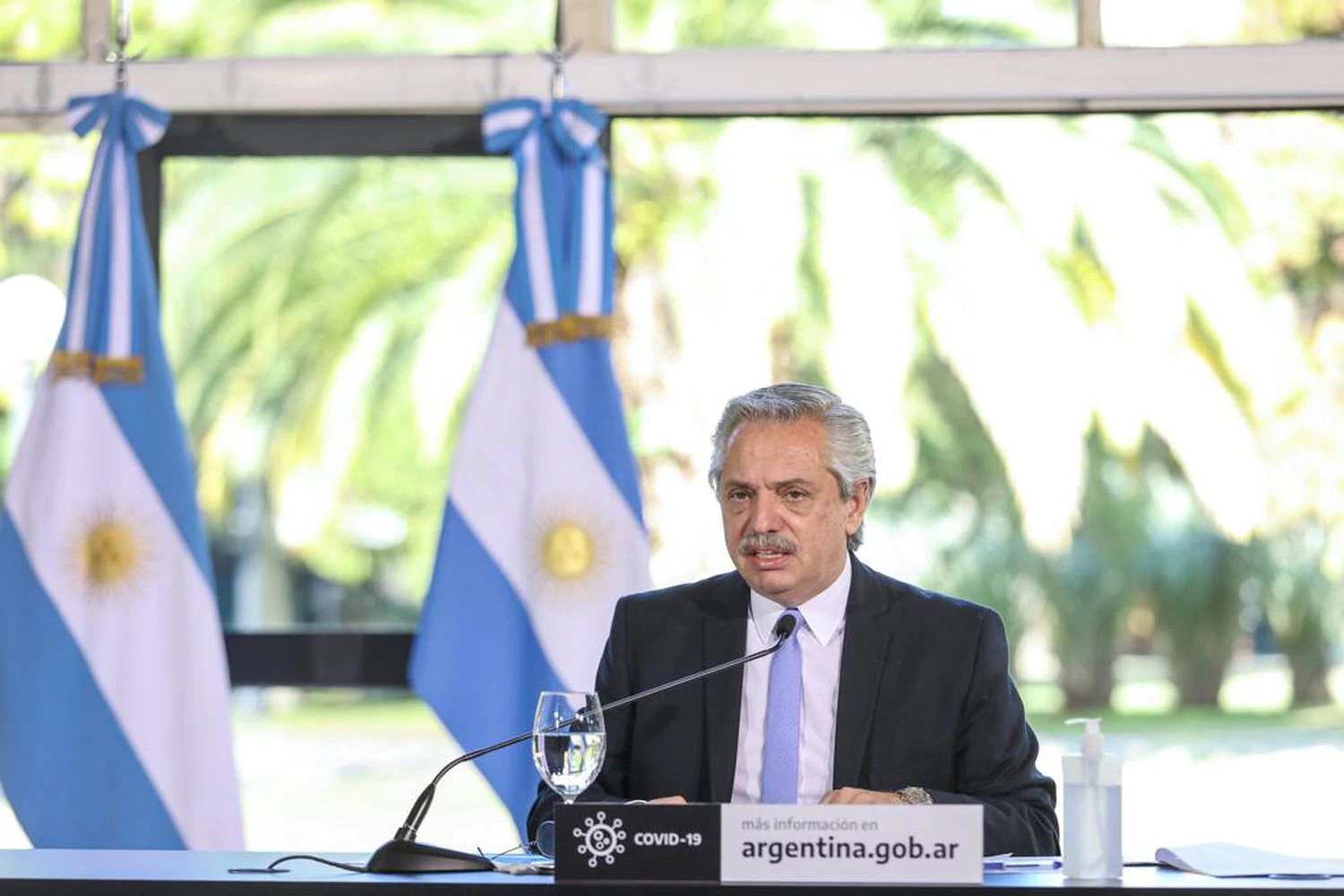RIO DE JANEIRO, BRAZIL – Argentina and Mexico are at the forefront of the fight against the coronavirus pandemic in Latin America. Argentine President Alberto Fernández announced on Wednesday in Buenos Aires that the two countries will produce up to 250 million doses of the experimental vaccine that Oxford University is developing together with the British laboratory AstraZeneca.
The doses will be ready during the first half of next year. Each dose will cost betweenUS$2 and US$4, a “cost” price enabled by an agreement with the Slim Foundation for the development of the regional project.
The vaccine is currently being produced at a risk since its efficacy is not yet known. The research is in phase 3, the last of a long development process. If the vaccine’s success is confirmed, “Latin America will guarantee low-cost doses and regional production,” said Fernández.

“They will be distributed equitably to all countries, according to government demand. Latin American production will be in the hands of Argentina and Mexico. This agreement allows Latin America to have access to the vaccine from 6 to 12 months in advance,” Fernández said at a press conference. Later, the president’s press office reported that the Argentinian had been in contact with his Mexican counterpart, Andrés Manuel López Obrador, to “share the enthusiasm of working together to develop and manufacture the vaccine.”
The project requires a regional distribution of work. The Argentine laboratory, Abxience, part of the Insud group, will manufacture the active substance of the potential vaccine. The Mexican laboratory Liomont will complete the finishing and packaging process. “This is a private enterprise that has become a non-profit project.”
“The company and Oxford University’s approach is to be celebrated, as they are securing a vaccine with no profit in mind. The owners of the vaccine are AstraZeneca and Oxford. They have entrusted Argentina with the production of its key component and Mexico with the remainder of the process,” Fernández said. The plan is to produce a minimum of 150 million doses and a maximum of 250 million. “Experts estimate that Latin America needs 230 million doses,” the president said.
Brazil’s case
Brazil is not part of the program because it already has its own agreement with Oxford University to acquire 100 million doses, in addition to the technology to produce them in the country. With the agreement, Brazil has undertaken the risks of the research and has committed to pay for at least 30.4 million doses, for a total of US$127 million (about R$690 million). This amount includes technology transfer costs and the production process at Fiocruz, which is in charge of local manufacturing.
In parallel, the state government of São Paulo has also signed a cooperation agreement with Chinese laboratory Sinovac for the purchase of another vaccine, also in its human trial phase. The state of Paraná has submitted the first documents for an agreement to purchase the Russian vaccine, which has prompted criticism from the scientific community regarding the lack of transparency in its development process.
The experimental vaccine developed by Oxford University, called Chadox, is one of the most advanced and with the most promising results. Each dose triggers a strong immune response with no serious side effects, according to data from its first human trial, published on July 20th in The Lancet medical journal. The trials, which began in April, involved 1,000 healthy volunteers in the United Kingdom.
Its formula is based on a weakened version of a chimpanzee common cold adenovirus. The virus is genetically modified to prevent its multiplication and to add genes with the instruction to manufacture only the proteins of the coronavirus’s spikes, which serve as a key for the virus to enter human cells.
These foreign proteins produced by the vaccine train the immune system and, as the new results show, trigger the formation of a double barrier: at 14 days, patients develop neutralizing antibodies that block foreign particles, and at 28 days they develop T-lymphocytes, a type of white blood cell that destroys infected cells. The first tests showed that two doses were likely required.
Source: El País

